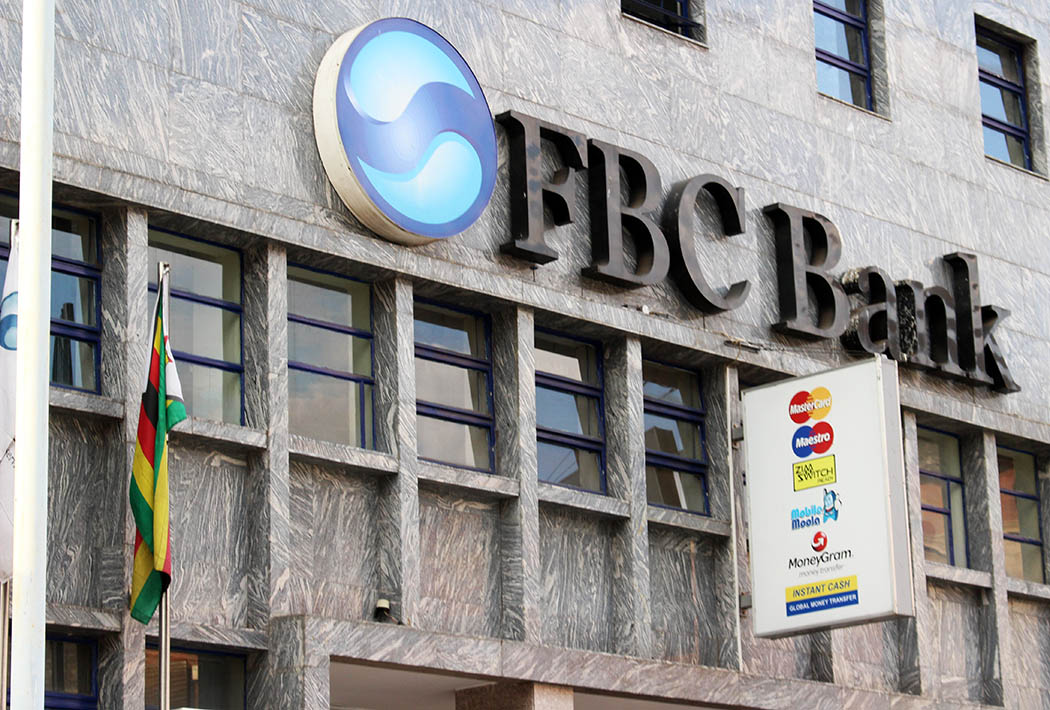FBCH progressing in building ESG capacity
Financial services group, FBC Holdings Limited says it is on course to build the necessary capacity to integrate environmental, social and governance principles (ESG) in line with the Reserve Bank of Zimbabwe (RBZ) Climate Risk Management Guideline.
Companies all over the world are embracing ESG to align with global sustainability objectives and set them up for success in a world where environmental and social challenges persist.
The RBZ introduced the ESG guidelines after identifying the need to strengthen the resilience of the banking system to climate-related risks and support the national strategy of transitioning to a low-carbon economy.
“The group welcomes the introduction of the RBZ Climate Risk Management Guideline. This policy provides the tools and strategic direction required to strengthen the resilience of the banking system against climate-related risks,” said FBCH chairman Mr Herbert Nkala.
“The principles outlined therein are in line with international best practices and support the national strategy on transitioning to a low carbon economy.
“The group is on course to build the necessary capacity and integrate environmental, social and governance (ESG) principles and safeguards in its transaction cycle. The implementation of the Sustainability Standards and Certification Initiative (SSCI) is also accelerating our compliance to the recently issued regulatory guideline,” he said.
According to the RBZ guidelines, climate risk management is an integral component of the Environmental, Social and Governance (ESG) initiatives, which have a significant bearing on corporate investment decision-making processes.
The environmental aspects of ESG examine how a business or organisation operates as a steward of the natural environment, focusing on all aspects of sustainability, including waste and pollution, resource depletion, greenhouse gas emissions, deforestation, and climate change.
On the other hand, the social aspect relates to human rights, health, safety, diversity, equity, inclusion, and community engagement, whilst the governance element includes the role of the board of directors and independence thereof, conflicts of interest, anti-money laundering and stakeholder engagement.
“In addition to risk mitigation, the banking sector also has a role to play in the transition towards an environmentally sustainable economy, by channelling capital through their sustainable financing and investment activities.
“Engaging in sustainable financing activities also mitigates reputational risk for regulated institutions.
“In line with the principle of proportionality, practical application of climate risk management should be commensurate with the scope and complexity of a regulated institution’s business activities as well as its risk profile and exposure to climate risk,” reads part of the Risk Management Guideline.
FBCH is already making initiatives towards minimising the impacts of climate change. During the half-year period to June 30, 2023, the group managed to reduce paper and electricity consumption by 12,5 percent and 8,9 percent respectively compared to the first half of 2022.
“The group is now actively tracking climate change-related, sustainable development metrics and this information will be key as we implement our strategic initiatives going forward.
“FBC Holdings is making concerted efforts towards a paperless experience for its valued customers. In terms of energy management, our strategy is to roll out renewable energy solutions across all branches,” said Mr Nkala.
-herald











